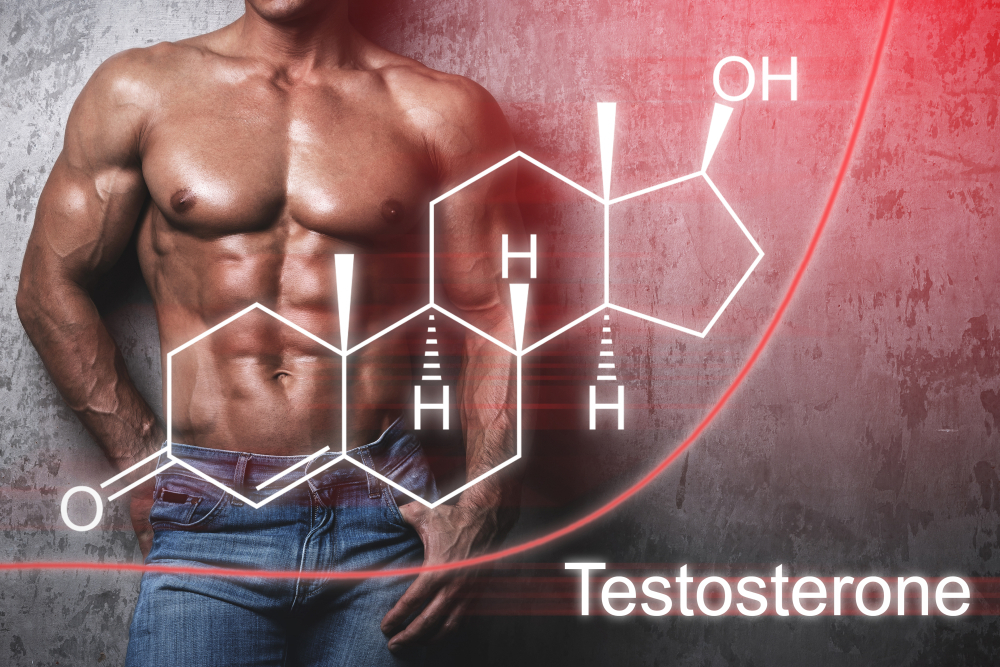Currently, the most effective for acute liver failure and advanced cirrhosis is liver transplantation. However, this procedure has several limitations, including lack of donors, surgical complications, immunological suppression, and high medical costs. The alternative approaches that circumvent the use of a whole liver, such as stem cell transplantation, have been suggested as an effective alternate for hepatic diseases. Mesenchymal stem cells (MSCs), also known as multipotent mesenchymal stromal cells, are self-renewing cells that can be found in almost all postnatal organs and tissues, including liver. During the past decade, great progress has been made in the field of MSC-dependent liver regeneration and immunomodulation. Because of their potential for differentiation into hepatocytes as well as their immunomodulatory characteristics, MSCs are considered as promising therapeutic agents for the of acute liver failure and cirrhosis. In this concise review, we have summarized therapeutic potential of MSCs in the results of acute liver failure and cirrhosis, emphasizing their regenerative and immunomodulatory characteristics after engraftment in the liver. We have also presented several outstanding problems including conflicting data regarding MSCs engraftment in the liver and unwanted mesenchymal lineage differentiation in vivo which limits MSC as a mainstream results approach for liver regeneration. It can be concluded that efficient and safe MSC-based for acute and chronic liver failure remains a challenging issue that requires more investigation and continuous cooperation between clinicians, researchers, and patients.

Exploring the Benefits of IV Therapy: What You Need to Know
As healthcare continues to evolve, IV therapy has emerged as a popular method of delivering essential nutrients directly into the

